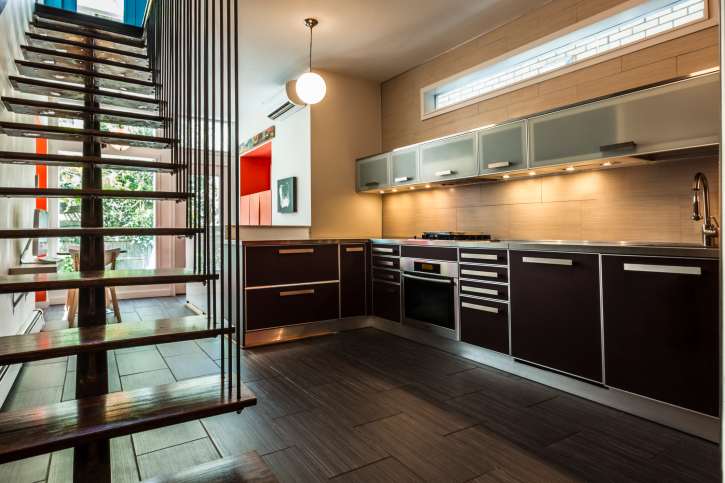Buying a Vacation Home? A Quick Guide to Renting Out Your Second Home to Generate Income
 Are you thinking about buying a second home to spend some time in when you’re on vacation? Whether you’re picking up a small house near the beach or you’re looking at a ski-in/ski-out condo at your favorite ski resort, if you’re only going to be in the home for short periods each year you may want to consider renting the property out the rest of the time to generate some additional income.
Are you thinking about buying a second home to spend some time in when you’re on vacation? Whether you’re picking up a small house near the beach or you’re looking at a ski-in/ski-out condo at your favorite ski resort, if you’re only going to be in the home for short periods each year you may want to consider renting the property out the rest of the time to generate some additional income.
In this post we’ll share a few tips for getting your property ready to rent to short-term visitors and how to get things started.
Preparing Your Home For Use As A Rental
Before you list your vacation property up for rent you’ll need to get it ready for your first tenants. Spend some time walking through the home to determine what’s missing and what might need to be upgraded.
Do you have a few spare sets of sheets and towels? Are all of the kitchen appliances in top condition? If you’re going to be supplying soap, shampoo and other toiletries, are you fully stocked?
Remember – your goal should be to impress each and every client to ensure they leave a positive review and come back again in the future.
Hiring Housekeeping And Property Management Services
Since you likely don’t live in the area around your vacation home, you’ll want to contract out the cleaning and management to local vendors who specialize in managing vacation properties. It should be relatively easy to find these companies with a quick web search, but be sure to ask for recent references so that you can rest easy knowing your home is in good hands.
Listing Your Rental On Popular Websites
Once your home is prepared and you have your team lined up, it’s time to list your property on websites such as VRBO, HomeAway and AirBnB. Browse through other local listings to see how your competition markets themselves and to get an idea of how much you should be charging on a nightly or weekly basis. Also, remember you’ll need to set up a PayPal account or figure out another way for your clients to pay for their stay.

 If you’re moving to a new city with children, one of your likely considerations is finding a family-friendly community where you can settle in and call home.
If you’re moving to a new city with children, one of your likely considerations is finding a family-friendly community where you can settle in and call home. Are you thinking about buying a new home? Congratulations!
Are you thinking about buying a new home? Congratulations!